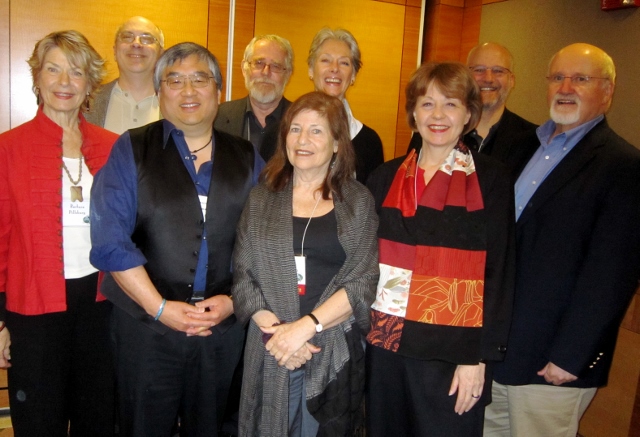Congratulations to WAPA member, Dr. Frances Norwood, who was recently selected to receive the 2011 Margaret Mead Award for her book, The Maintenance of Life: Preventing Social Death through Euthanasia Talk and End-of-Life Care – Lessons from The Netherlands,” (2009). The Margaret Mead Award is presented to a younger scholar for a particular accomplishment such as a book, film, monograph, or service, that interprets anthropological data and principles in ways that make them meaningful and accessible to a broadly concerned public, skills for which Margaret Mead was admired widely. Past recipients of the Margaret Mead Award include Nancy Scheper-Hughes, Alex Stepick, Paul Farmer, Susan Scrimshaw, Philippe Bourgois, and Leo Chavez.
The Maintenance of Life is about what has developed in one present-day society to address social death and modern dying. It is based on a 15-month ethnographic study of home death in The Netherlands with general practitioners, end-of-life patients and their family members. The book develops from two important study findings: (1) Euthanasia in practice is predominantly a discussion, which only rarely culminates in a euthanasia death; and (2) Euthanasia talk in many ways serves a palliative function, staving off social death by providing participants with a venue for processing meaning, giving voice to suffering, and reaffirming social bonds and self-identity at the end of Dutch life. Ironically, those who engage in euthanasia talk often choose not to die by euthanasia and instead live longer lives as active participants engaged in Dutch social networks even at the end of life.
Dr. Norwood weaves her story beautifully, with ethnographic excerpts opening each chapter telling the stories that make up end-of-life from the perspective of patients, families, and their physicians. Using theory from Michel Foucault and Clive Seale, Dr. Norwood illuminates concepts of discourse and social death through ethnography, yet weaves an ethnographic story that is accessible to scholars, policy makers, and families alike. Her book takes a critical look at Dutch euthanasia policy and broader end-of-life practices from a cultural perspective in comparison with US end-of-life practices and policies. It is a book that offers those on any side of the end-of-life debate and those from around the world valuable lessons for maintaining life at the end of life.
The book was recently translated into French and is now also available as Mourir un Acte de Vie (2010).


.gif)